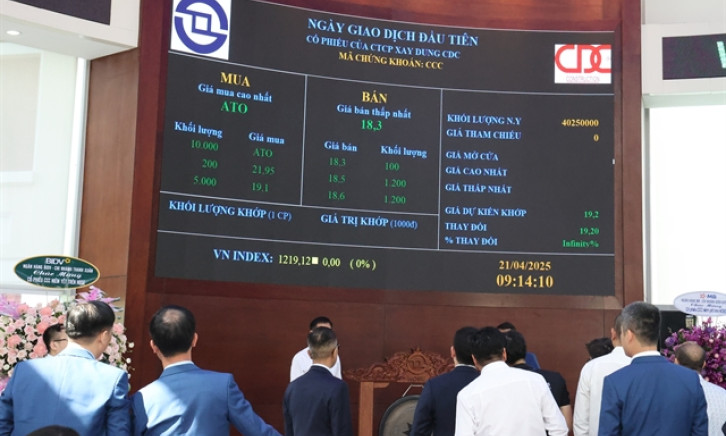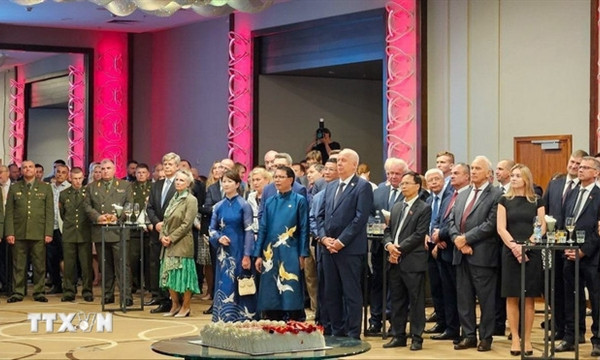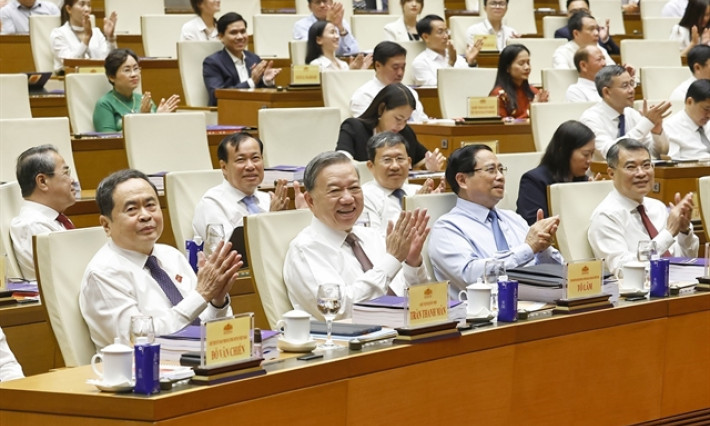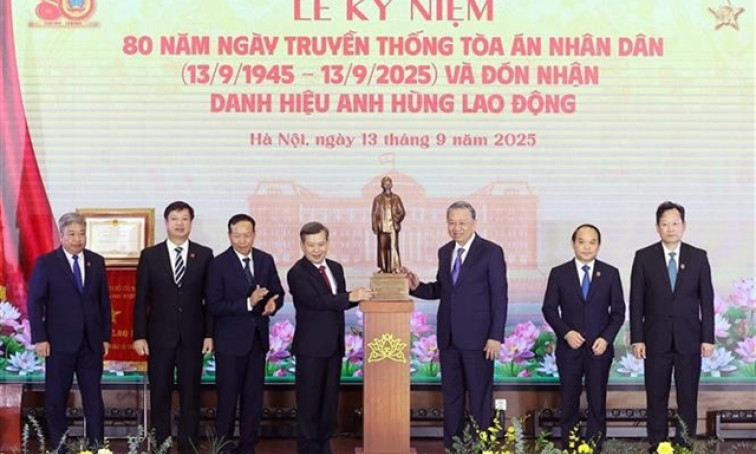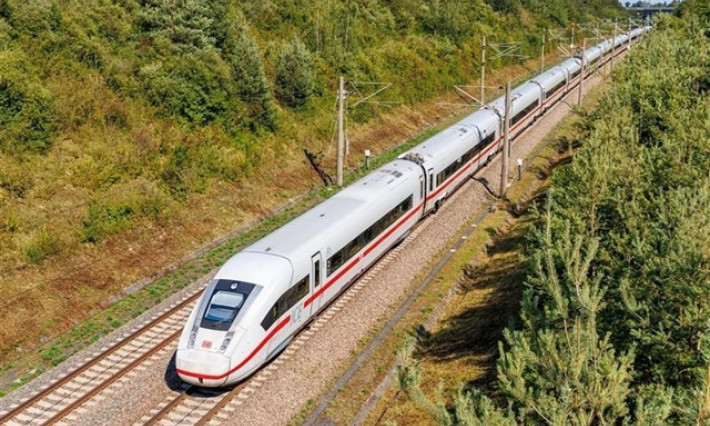PM urges new thinking to boost mountainous area development
Prime Minister Phạm Minh Chính emphasised that the programme is not only a responsibility and duty, but also a mandate from the heart - reflecting deep sentiment and a noble humanitarian spirit towards communities struggling with severe shortages in transport, education, healthcare, and sanitation infrastructure.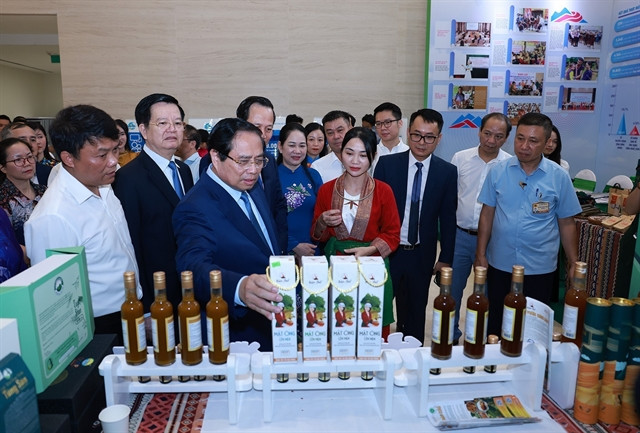
Prime Minister Phạm Minh Chính has called for a shift in mindset, stronger decentralisation and more focused investment to accelerate socio-economic development in ethnic community and mountainous areas.
He was speaking while chairing the national conference on Wednesday, which was connected to 34 provinces and cities.
The PM reviewed the implementation of the National Target Programme on socio-economic development in ethnic and mountainous areas for the 2021-2025 period and set priorities for 2026-2030.
He emphasised that the programme is not only a responsibility and duty, but also a mandate from the heart - reflecting deep sentiment and a noble humanitarian spirit towards communities struggling with severe shortages in transport, education, healthcare and sanitation infrastructure.
While noting progress, the PM Chính said that the programme’s implementation has been fragmented and lacking in cohesion. He urged delegates to assess achievements and shortcomings frankly, identify lessons, and propose measures for greater impact in the next phase.
The national programme, approved in 2020 with a total budget of over VNĐ137 trillion (US$5.21 billion) for 2021-2025, targets 53 ethnic groups with a population of more than 14.4 million across 32 provinces and cities - accounting for three-quarters of the country’s territory.
Projects cover housing, land, water, resettlement, sustainable agriculture, infrastructure, education, cultural preservation, health care, gender equality and support for small and particularly disadvantaged ethnic groups.
In five years, the programme has provided housing for over 42,500 households, productive land for more than 13,000 and clean water for nearly half a million. It has funded 6,000 rural transport projects, surfaced over 8,600km of roads, built 1,787 community houses, upgraded 183 commune health stations and improved hundreds of schools.
Vocational training has reached more than 115,000 workers via over 1,900 models, and nearly 5,400 individuals received skills and language training for overseas work. Over 37,700 people received job counselling and support for overseas employment. More than 8,400 grassroots workers were trained in labour export.
In culture, the programme restored 48 traditional villages and 69 ethnic tourism destinations. More than 4,400 cultural and sports facilities were constructed or upgraded, and equipment supplied. A total of 124 traditional festivals were preserved, alongside nearly 700 folklore clubs and over 5,700 cultural troupes in villages assisted.
Poverty in ethnic community areas has fallen by an average 3.4 per cent annually, surpassing the 3.2 per cent target. Per capita income has reached VNĐ43.4 million ($1,650), more than triple the level in 2020.
However, several targets remain unmet, including school infrastructure, broadcast coverage and the removal of communes from the list of especially difficult areas.
Phase two, from 2026-2030, will focus on closing these gaps while sustaining and expanding gains. Priorities will include essential infrastructure, income growth, narrowing the development gap, urgent issue resolution and support for the most disadvantaged groups.
PM Chính stressed the need for stronger links between the State, businesses, banks, and communities, alongside science and technology application, to create signature products and tangible benefits for ethnic and mountainous communities.


